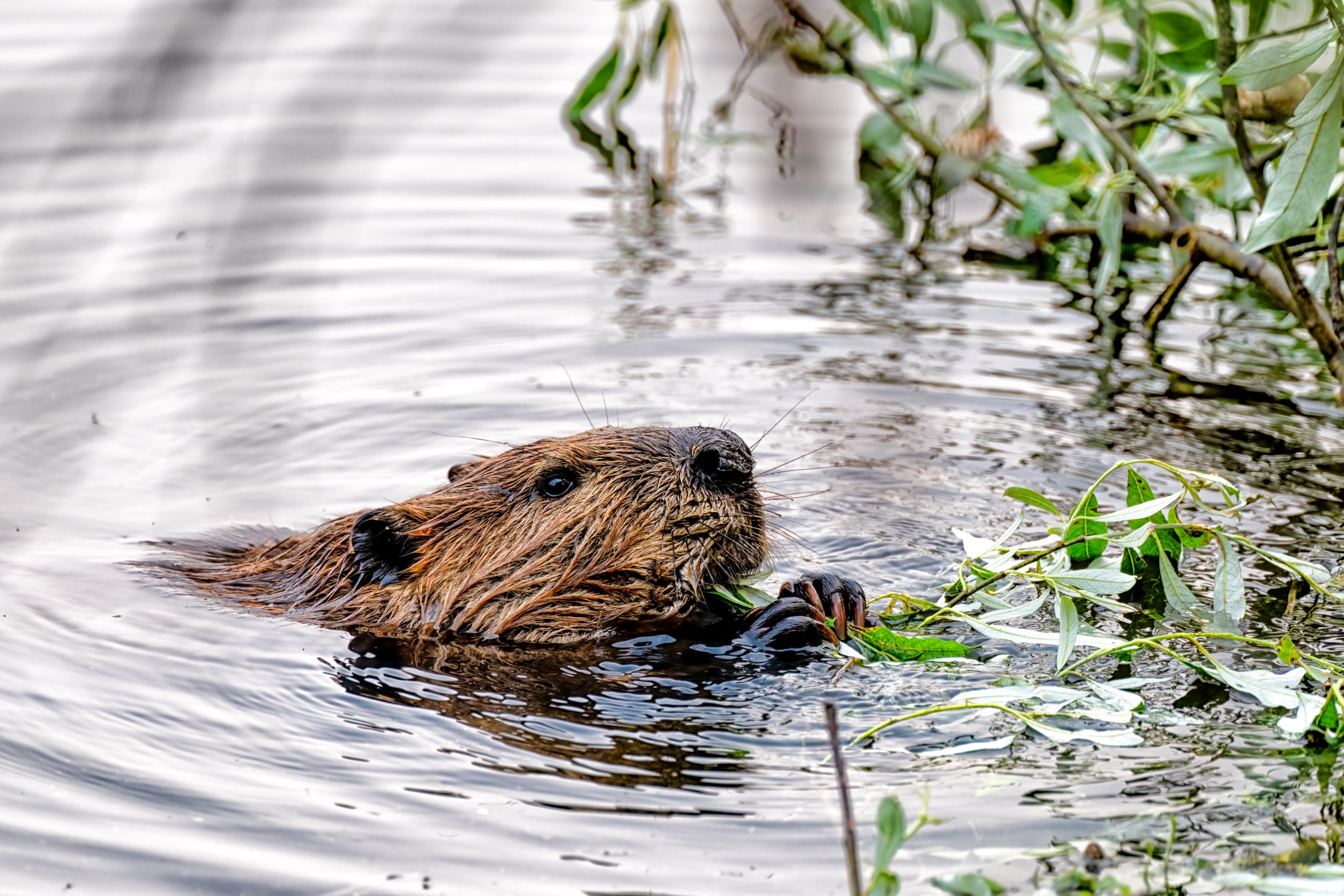BY THE OPTIMIST DAILY EDITORIAL TEAM
Known as “nature’s engineers,” beavers are a critical component of many aquatic ecosystems, but unfortunately, they are often seen as a nuisance and their numbers have been declining due to habitat destruction. One group working to save these creatures is the Tulalip Tribes, a Native American community in Washington’s western corner that has been conducting extensive beaver conservation work since 2014.
Tulalip Tribes win historic legal battle
After winning a historic legal battle to relocate beavers on their lands, the Tulalip Tribes got to work with habitat restoration and rescue missions. Landowners who hear about their project will call in about beaver sightings on their properties and the group will work to relocate the animals safely into the sanctuary they have created.
Inspiring other communities to protect beavers
The Tulalip Tribes’ work inspired similar initiatives around the state and down the west coast. Washington’s Cowlitz Indian Tribe began working in 2018 to reintroduce beavers to Gifford Pinchot National Forest. In California, the Yurok Tribe ramped up efforts to protect beavers after research found that the damp dammed habitats created by the animals are instrumental in slowing the spread of devastating wildfires. In California, it is illegal to physically relocate beavers, so the tribe is undertaking the painstaking work of building man-made dams and restoring the Klamath River ecosystems to attract beavers back to their natural habitats.
Indigenous groups are often at the forefront of ecological restoration work and when it comes to restoring beaver populations, it is no easy task, but the benefits are extraordinary. These animals play a crucial role in river habitats, but after being hunted to near extinction in the 1800s, their resurgence has been slow. We will continue to follow this story and other beaver conservation initiatives which demonstrate that restoring natural habitats is one of the most powerful tools we have for conservation and ecological health.











